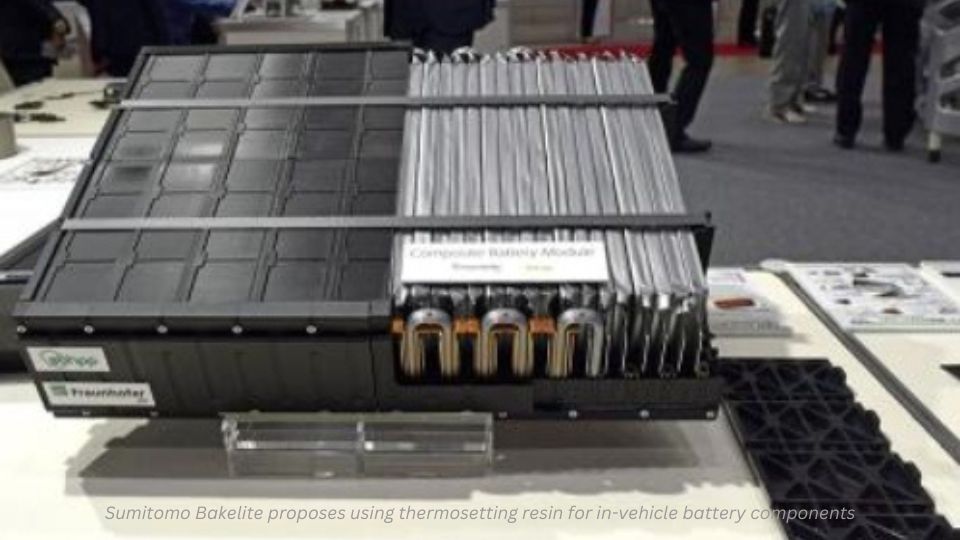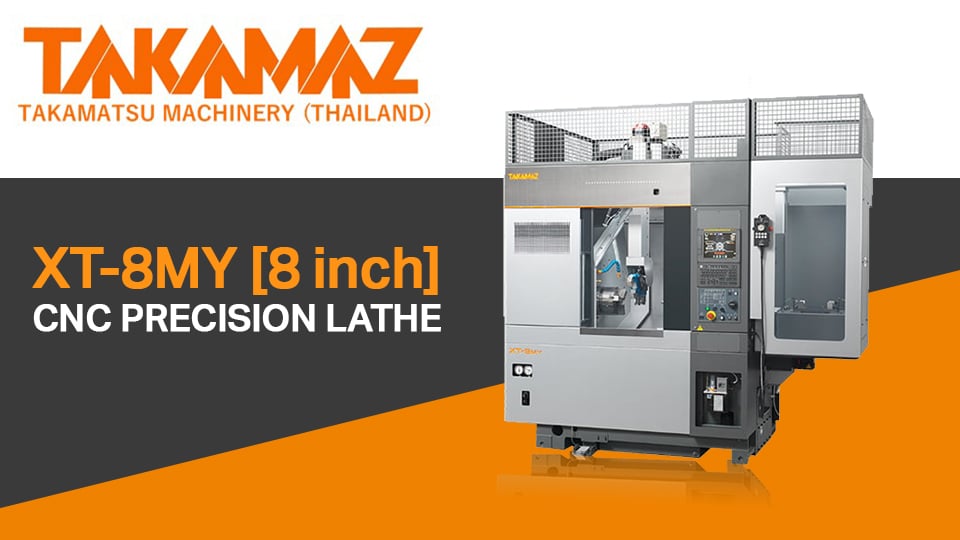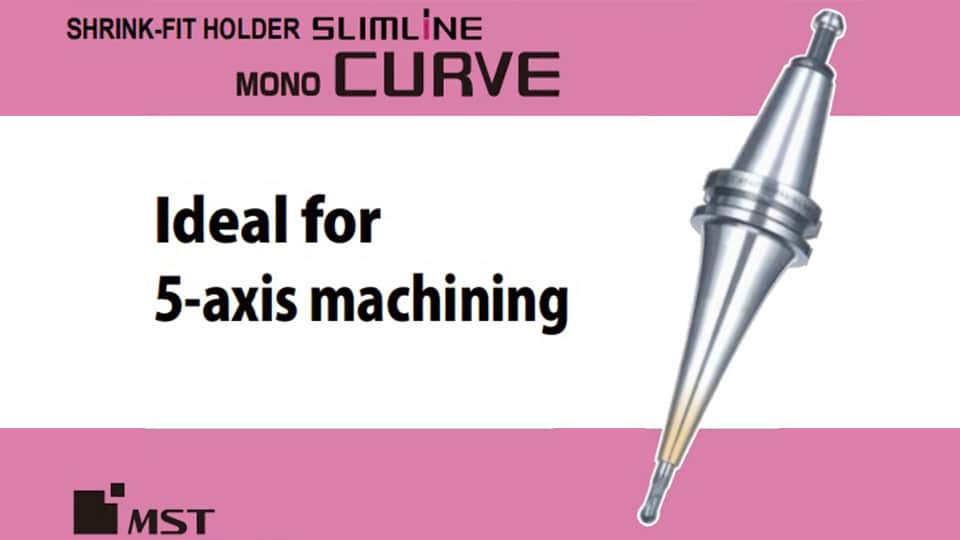
Sumitomo Bakelite's Innovative Resin Solutions for Lightweight Automotive Battery Components
Sumitomo Bakelite is proposing the use of resin for automotive battery components to reduce weight and enhance manufacturing efficiency, contributing to lighter EVs.
Japan, April 5, 2024 - Sumitomo Bakelite has developed a solution using thermosetting resin for module parts, covers, trays, and more. This solution will be primarily marketed to battery and electric vehicle (EV) manufacturers in Europe, the United States, and Japan, with the goal of adoption in these markets by fiscal 2024. In EVs, resin materials are gaining attention for their lightweight nature and excellent processability, aiming to extend the driving range. Sumitomo Bakelite aims to meet the demand for electrification by developing molding materials that leverage the characteristics of thermosetting resins, such as high heat resistance and strength.
Sumitomo Bakelite has recently adopted some parts from a Chinese manufacturer, using molding materials like phenol resin and diallyl phthalate resin for these parts. These materials are suitable for in-vehicle batteries in cars with higher voltage, up to 800 volts, and ensure safety by preventing deformation in case of combustion or abnormalities. The company also aims to expand to other regions.
In the battery module, integrating the busbar, sensor, and cooling channel reduces assembly time. Additionally, to prevent thermal runaway in inter-cell units, the company proposes new structures, such as combining multiple cells into a housing structure covered with a fireproof resin sheet. This series of solutions using thermosetting resins can contribute to higher energy density and longer lifespan.
According to the Yano Research Institute in Tokyo, the global market for automotive lithium-ion batteries (LIB) is expected to expand to approximately 1,000 gigawatt hours (622 gigawatt hours in 2022) in terms of capacity. Furthermore, due to the need for improved quick charging performance and space-saving, the battery voltage of EVs is expected to shift from the current mainstream of around 400 volts to around 800 volts in the future. Along with this, demand for related materials that support higher voltages is expected to increase.






